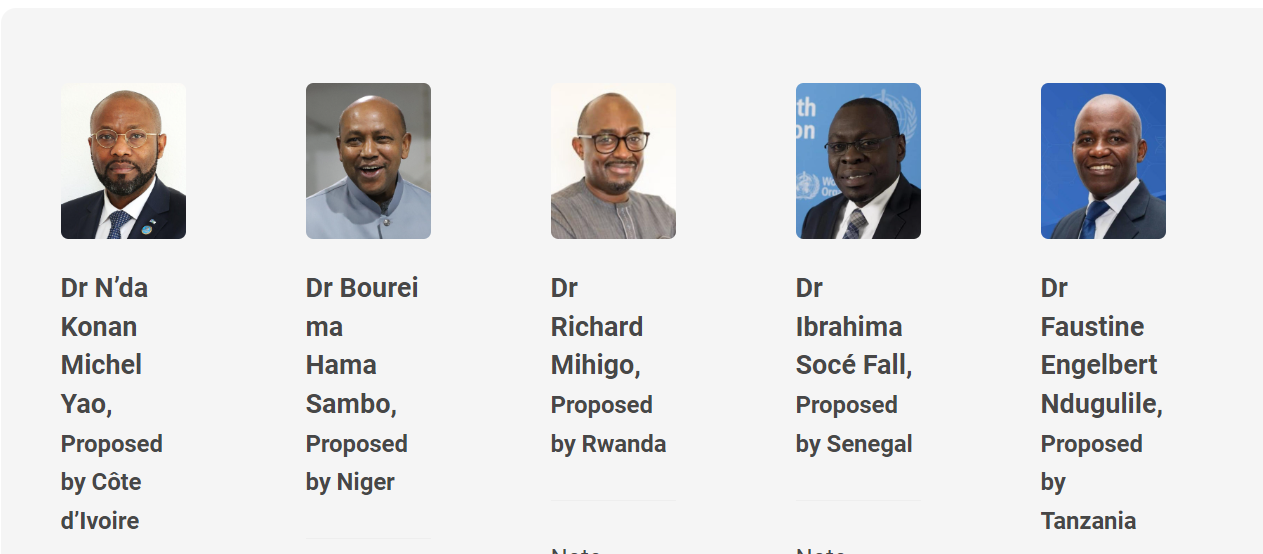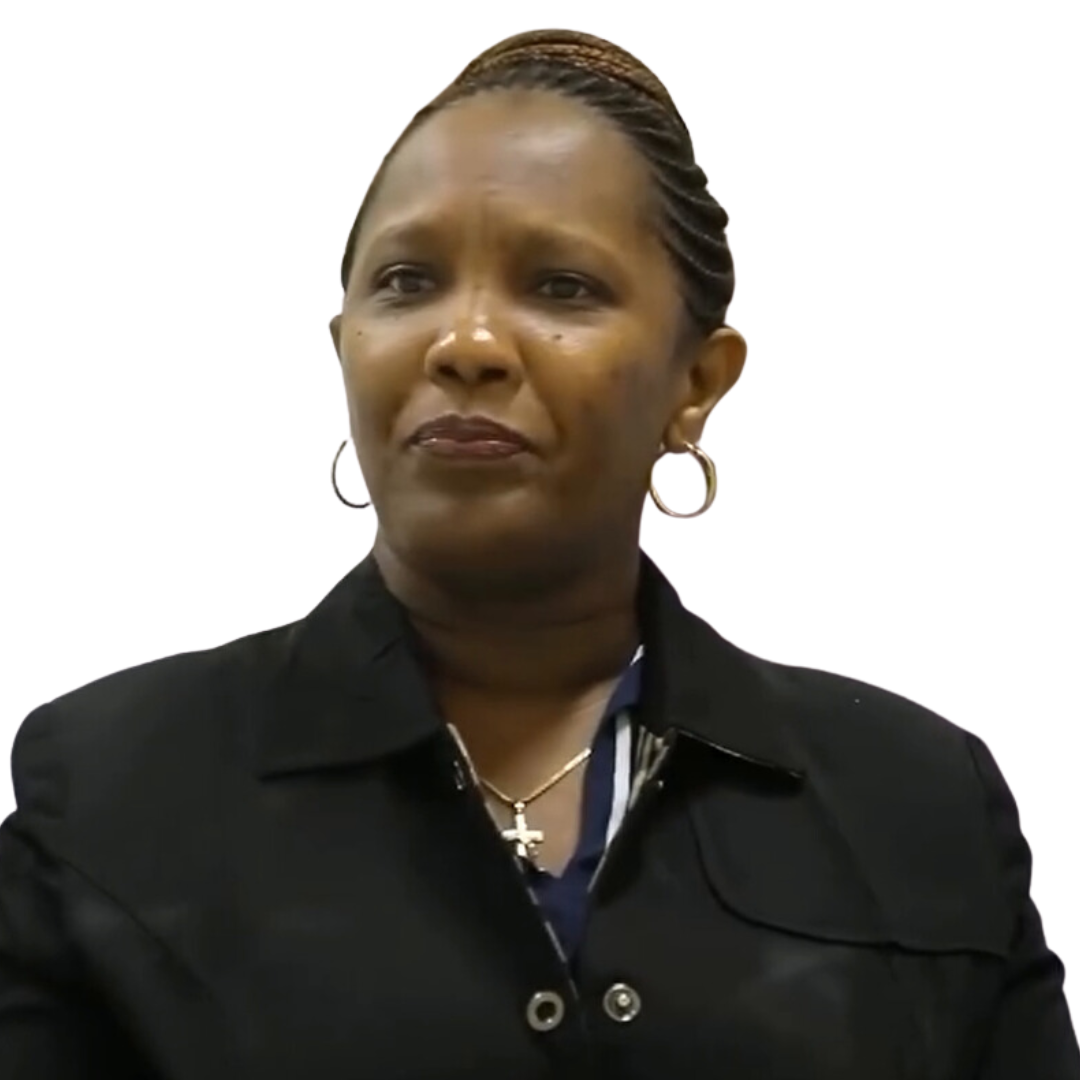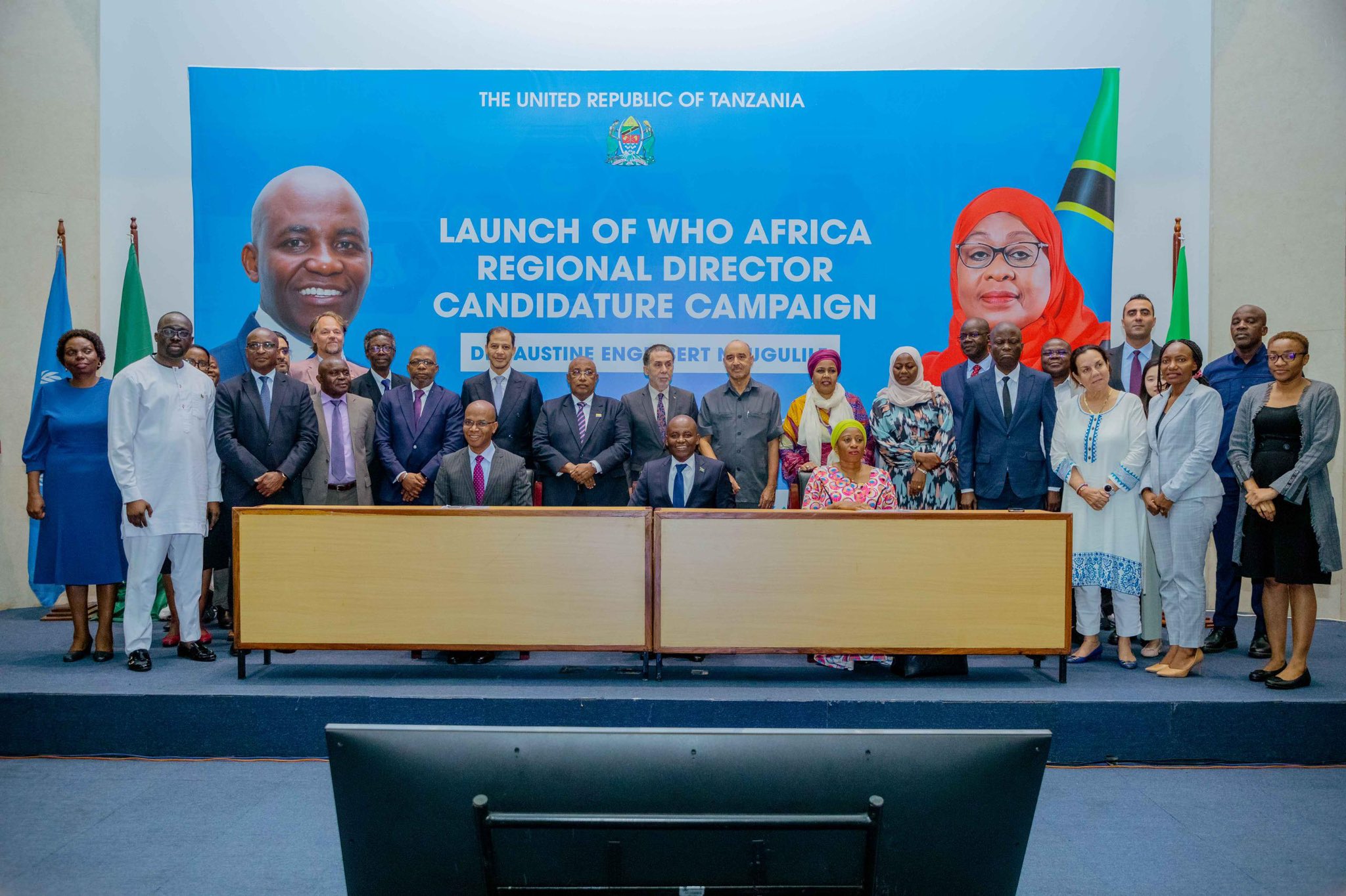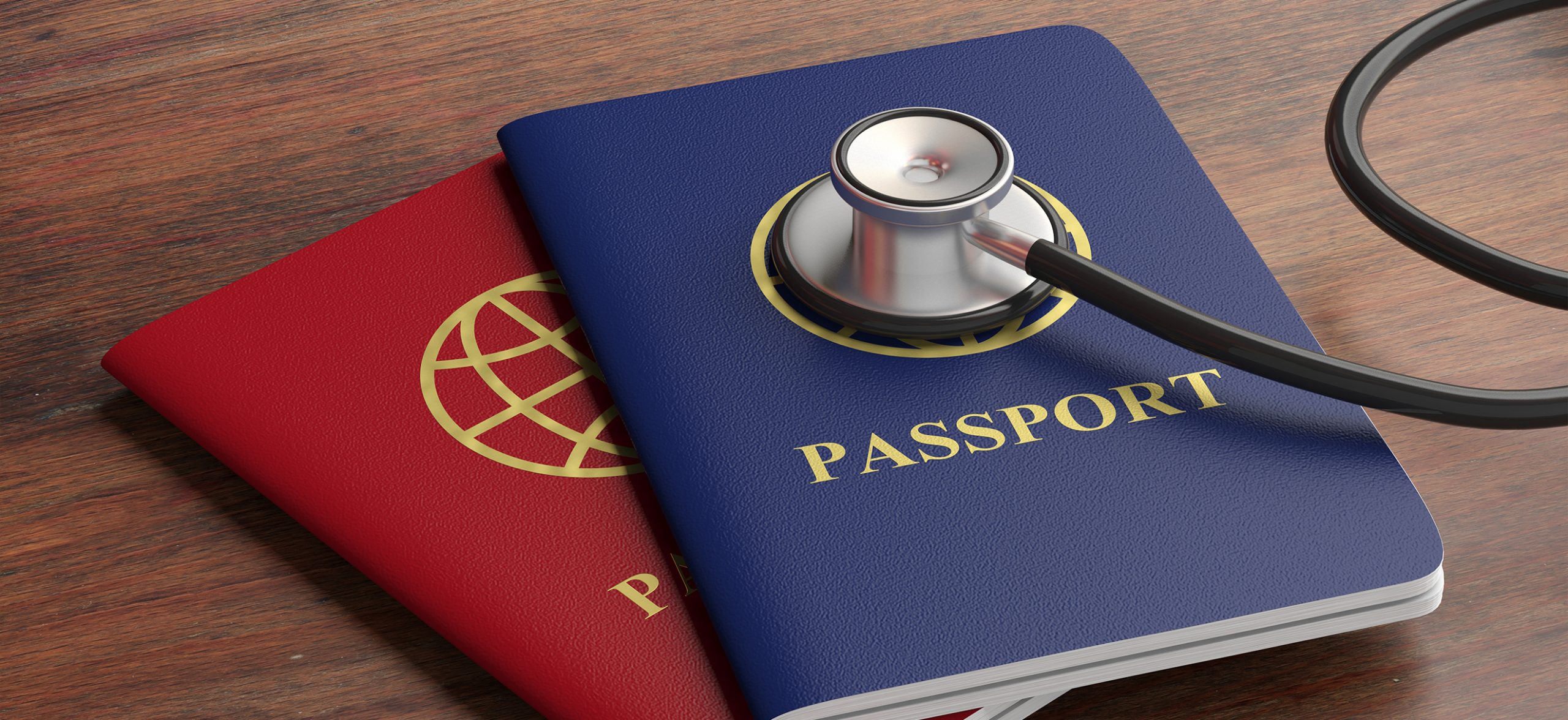The numbers on cholera cases and deaths in Africa are staggering, but their true meaning is measured not in digits, but in lost lives, interrupted futures, and fractured families.
As of mid-2025, the cholera crisis has swept across the African continent. While 17 Member States in the WHO African Region reported nearly 200,000 cases in 2023, reports show the crisis is dramatically accelerated. Around the same period, more than 20 countries had recorded another 140,000 cases, with a case fatality rate (CFR) hovering around two percent (2%).
This means that for every 100 people who contract this preventable and treatable disease, two are dying. These are not statistics for a distant health crisis; they are the children, mothers, and fathers in our communities suddenly ravaged by the rapid, dehydrating illness. They are the market vendors unable to work, the students forced out of schools, and the health systems buckling under the strain.
In such circumstances, it requires us to sit together and ponder on ways to end this crisis—and that’s exactly why we are convening in Zambia. Through a Global Expert Consultation on Cholera Prevention and Control in Africa, which the East, Central and Southern Health Community (ECSA-HC) is co-hosting with the World Health Organization Regional Office for Africa (WHO-AFRO), UNICEF Africa, and other partners, we are aiming at moving our efforts against cholera a notch higher. This is not a routine meeting but an urgent regional mandate to translate the painful lessons of the current crisis into concrete, life-saving, and borderless action. Our resolve to end cholera is one that needs immediate, life-saving interventions.
Cholera is a disease of poverty and inequality, caused by the ingestion of food or water contaminated with the Vibrio cholerae bacterium. In that case, eliminating it does not need a medical miracle. It requires straightforward public health methods anchored in proven science, as outlined in the Global Task Force on Cholera Control (GTFCC) Roadmap to 2030.
The elimination strategy rests on three integrated pillars.
Firstly, and most critically, is accelerated action on Water, Sanitation, and Hygiene (WASH). The long-term elimination of cholera hinges on providing sustainable, safe water sources and functional sanitation infrastructure. Cholera will end only when we fix the pipes and ensure proper waste management, breaking the cycle of contamination and re-infection.
Secondly, we must intensify the strategic use of the Oral Cholera Vaccine (OCV). While OCV is not a silver bullet, it serves as a powerful “shield”—a crucial short-to-medium-term measure to protect the most vulnerable populations in identified cholera hotspots. Accelerating the scale-up of OCV campaigns, coupled with improving local manufacturing capacity for essential vaccines and commodities, is non-negotiable for rapid control and prevention.
Finally, effective case management and surveillance are the “sword” of our strategy. Rapid detection, strong laboratory capacity, and swift, community-level access to rehydration therapies and treatment are essential to lower the Case Fatality Rate. The ability to identify, trace, and contain outbreaks immediately saves lives and prevents cross-border spread.
Why we need regional efforts
Cholera, like all pathogens, does not respect political boundaries. A major outbreak in a border town immediately places its neighbour at high risk, rendering fragmented national responses inadequate. That’s why we need a powerful, unified regional approach.
Being at the centre of this consultation, the East, Central and Southern Africa Health Community (ECSA-HC) is leveraging its mandate to promote regional health cooperation. Under our Health Emergency Preparedness, Response and Resilience (HEPRR) programme, we have worked closely with WHO, Africa CDC, and national Ministries of Health to build stronger cross-border surveillance systems, enhance public health emergency operations, and promote regional learning through communities of practice.
We are not starting from scratch; we are seeking to refine, align, and resource these mechanisms to respond to the current heightened threat.
We need innovative financing
The greatest hurdle to achieving the 2030 targets—a 90% reduction in cholera deaths and elimination in 20 countries—is often, predictable and sustained financing. The current system relies heavily on reactive emergency funding, creating a cycle of crisis and response, rather than prevention and resilience. Sustainable infrastructure investment in WASH requires multi-year, predictable financial commitments that emergency aid cannot provide.
We must pioneer innovative financing mechanisms that put African resources at the center of the African health agenda. This consultation offers a vital platform to explore options such as a dedicated Cholera Fund for Africa. Such a fund—potentially leveraging blended finance models, solidarity levies (on mobile services, for example), or diaspora remittances—would ensure that investments in water, sanitation, and hygiene infrastructure are protected, sustained, and resilient against shifting donor priorities. It would transform our financial commitment from a sporadic scramble to a strategic foundation for health sovereignty.
ECSA-HC stands ready to work hand-in-hand with WHO, Member States, and partners to turn our commitments into measurable progress. Together, we can strengthen cross-border coordination, accelerate the scale-up of evidence-based interventions, and explore these new financing models. As we deliberate over the next three days in Livingstone, let us be guided by science, solidarity, and a shared sense of responsibility to protect our people and make cholera elimination not just a global aspiration, but a definitive African achievement.
Dr. Tina Chisenga, Acting Director of Programs, East, Central and Southern Africa Health Community (ECSA-HC)








